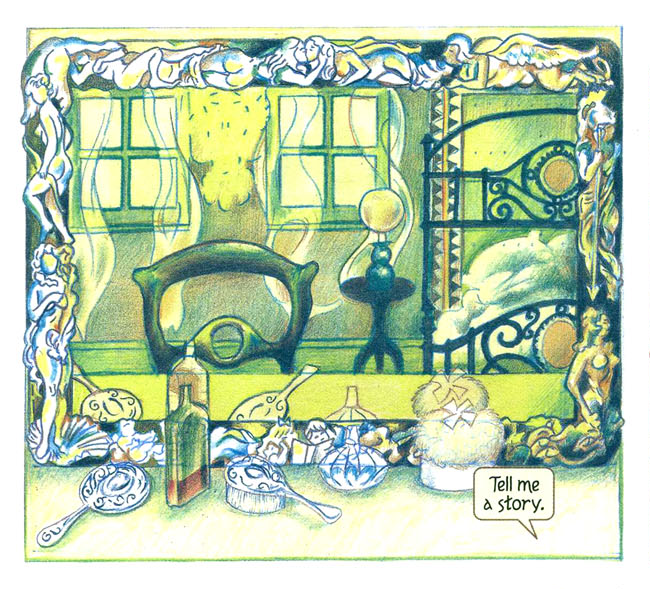E. A. Bourland
Hwæt! This is Eric Bourland's home site, online since 1998. Speak friend and enter.
Advice on writing fiction
by E. A. Bourland | Oct 22, 2017
Think of an interesting story you will enjoy telling.
Make a plan for your story and mend the plan as you go.
Have at least one likeable character.
Villains can be likeable.
Each character needs a distinct voice.
Characters should learn.
Build characters, not worlds.
Your characters will build the world.
Be kind to your characters. Protect children. George Eliot sets a good example, here.
You've a purse of piquant ribaldries? Spend with care.
Avoid lazy words.
Set up scenes in advance. Put people and things in place before they are needed.
If you need a stout rope and a pot of boiling lead, put them in place before you need them. Come ready for your own scene.
Give your reader something to do besides just read your story: give her a puzzle to solve, or invite her to ask a question or to have an opinion about something.
Spend time on research, and accumulate a research library built with real books. Put the library in your office surrounding your desk.
Get a dictionary. You will need to do some hunting to find a good one. Mine is a Webster’s New International Second Edition from 1938. Dictionaries have personalities. Find one that feels right to you.
Get a Rodale's.
Get a Jane Straus Blue Book even if you think you don’t need it.
Get a dictionary of lost words and a dictionary of etymology.
Read, a lot, but only for pleasure. Do not waste time reading anything else.
Become able to identify pleasureable reading; viz., reading that is pleasureable to do. Some people have trouble with this. (Help them if you can.)
Read stories published before the popular internet came along (roughly 1994), and stories published after. Which do you like more?
To this reader, stories published in the age of the internet seem anxious.
Write every day, when your mind is fresh. Mostly that means early morning. Get up, get your coffee, go to your office, get to work.
Get your sleep, eat right, get some exercise, get a little sun. Do not neglect family and friends.
Don’t get too concerned about being a writer. Instead, do your research, make your plan, and let your characters tell your story for you.
Do not pay attention to book blurbs. Do not be scintillating. If you become scintillating, it is a condition.
Try cutting out adverbs. If that didn't work, oh, well.
Be aware of the Bechdel test. Look it up, if you don't know what it is.
Abhor lazy solecisms. This reader stops reading at the first "honed in".
If your character forges a path, the distraction of that unlikely operation will arrest my reading of your work. Don't mix metaphors on an open line. It's lazy, and the reader knows.
White writers: don't write words that provoke people of color. It is unfortunate that this has to be said.
You're anxious? I, too. The world is hideous. Maintain the discipline of the story.
Read stories to children.
Ride the bus sometimes and listen to the people.
Do not upload your working files to corporate services from Google, Apple, Microsoft, DropBox, and so on. Do not compose your beloved work on Google Docs. Corporations will claim Moral Rights to your work.
Don't sign a contract that takes away your Moral Rights. If you begin to make money doing this miserable work, talk with a lawyer, an accountant, and possibly a psychologist.
In all aspects of your life, to the extent that you can, avoid marketers. Within the borders of your life, diminish marketers' power over your voice.
If you find yourself trying too much, stop and figure out what the reader needs right now.
You have struggled your entire life. Deeply unfair. Painful and traumatizing. What does the reader owe you? Nothing.
Keep reading stories and poems, particularly older ones.
If you try all of this and still cannot write, throw your tv out the window.
EAB / October 2017
Washington DC

Copyright © by E. A. Bourland. Robots or agents, of a nature human or electronic, which operate on behalf of corporations, of language models of any size, or of artificial intelligences, and so on, are not welcome here for any purpose; not for your harvest or profit; demons depart, and trouble not the work.